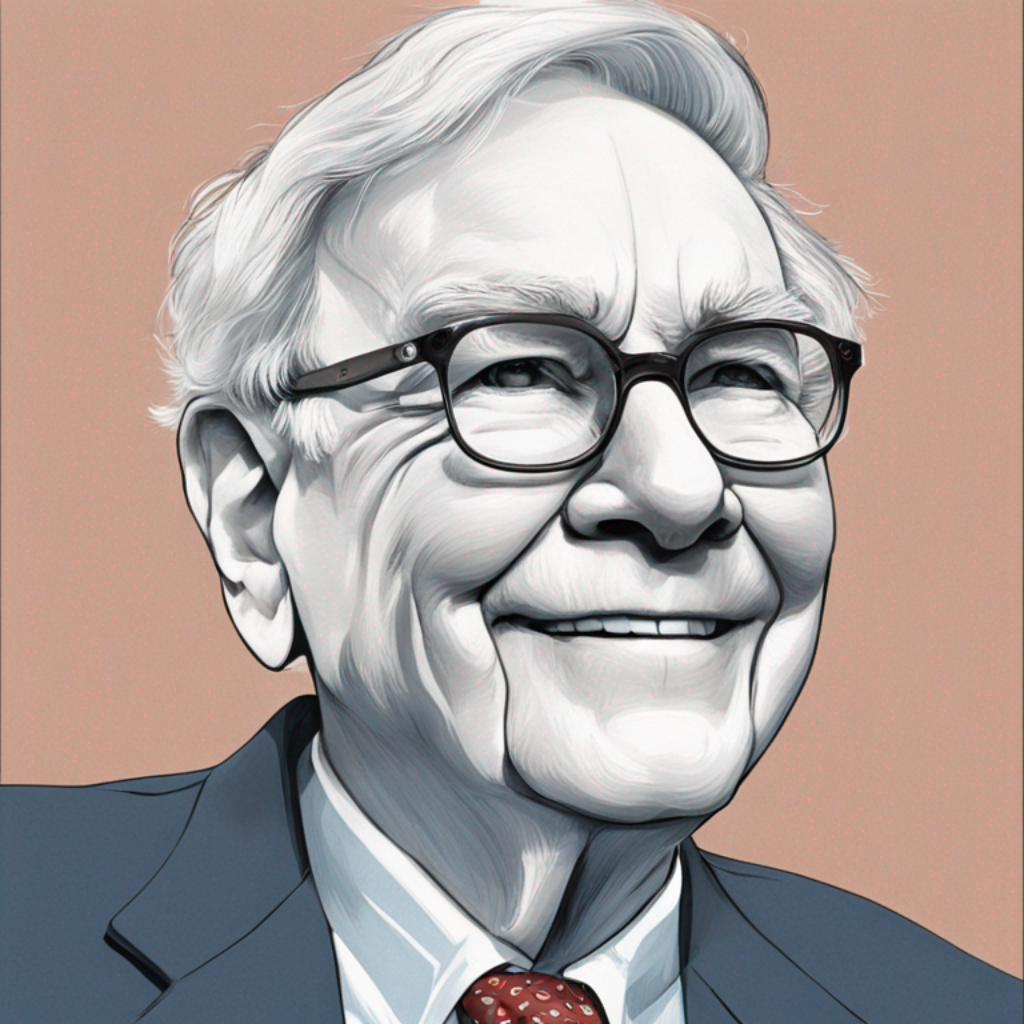Warren Buffett, frequently hailed as the Oracle of Omaha, is a towering figure in global investing. With a net worth in the tens of billions, Buffett’s achievement isn’t always simply a testament to his economic understanding. And the long-lasting ideas that have guided his investment philosophy over the years. In this Article, we delve into the timeless awareness of Warren Buffett, exploring the key concepts that have formed his remarkable fulfillment and made him one of the most respected buyers of our time.
The Foundation of Long-Term Success
The unwavering perception of the strength of compounding is at the core of Buffett’s investment philosophy. Buffett as soon as famously said, “The stock marketplace transfers money from the energetic to the patient.” It encapsulates his emphasis on lengthy-term investing. Instead of looking for quick gains via speculative buying and selling, Buffett advocates for a patient technique, allowing investments to develop through the years. Buffett reflects his commitment to long-term Success in selecting companies with enduring competitive advantages.
The Importance of Intrinsic Value
Buffett’s funding choices are deeply rooted in the idea of intrinsic cost. He views shares as ownership stakes in organizations and believes that their price needs to be decided by way of the underlying basics of those agencies. Intrinsic price estimates a commercial enterprise’s worth, considering income, dividends, and boom fees. Buffett’s well-known analogy for the intrinsic price is the concept of Mr Market, an imaginary demented fellow who buys or promotes the stocks of a corporation every day.
Diversification and Circle of Competence
While Diversification is a standard investment method, Buffett has a nuanced attitude. He advocates for a concentrated portfolio of corporations that an investor knows well instead of a vast array of investments. Buffett famously stated, “Diversification is safety in opposition to lack of understanding. It makes little experience if you realize what you’re doing.” It aligns with his concept of the “circle of competence.” The circle of competence is the concept that buyers ought to engage in groups and industries they thoroughly recognize most effectively.
Embracing Market Fluctuations
Buffett’s mindset toward market fluctuations is, in simple words, in another famous quote: “Be frightened while others are greedy, and be greedy while others are anxious.” This contrarian method shows that investors should not refrain from swaying by the winning sentiment within the marketplace. Instead, they need to capitalize on opportunities that arise while others are panicking or overly constructive. Buffett’s investment career is replete with instances wherein he took gain from marketplace downturns to accumulate precious belongings at discounted costs.
The Importance of a Margin of Safety
In line with his awareness of intrinsic fees, Buffett emphasizes the concept of a margin of protection. It includes shopping for stock at a rate considerably beneath its inherent fee, supplying a cushion against unforeseen marketplace volatility or corporation-precise challenges. Buffett once likened the margin of safety to driving an automobile throughout a bridge, stating, “If the bridge is 50 feet above the creek, you may force a 40-foot bus throughout it. But suppose catastrophe results in ten ft. above the creek, inside the equal bus to the precept of a margin of safety. In that case, Buffett seeks to shield his investments from the inherent uncertainties within the market.
The Virtue of Patience
Patience is a virtue that Buffett extols within the realm of investing. He frequently emphasizes the significance of waiting for suitable possibilities and facing the strain of regular pastimes within the marketplace. Buffett’s investment horizon is measured not in days or months but in years. Buffett’s patience is evident in his method of dealing with market downturns. Instead of panicking and selling through turbulent instances, he views these periods as possibilities to gather the best assets at discounted prices. This long-time period angle has coupled with staying the course even in difficult times. It has been a critical factor in Buffett’s fulfillment.
The Role of Emotional Discipline
Buffett acknowledges the position of feeling about investing and the significance of the field in mitigating its impact. He once remarked, “Success in investing would not correlate with I.Q. After you’re above a hundred twenty, you have ordinary intelligence; you need the temperament to manipulate the urges that get different people into trouble in investing.” Emotional discipline includes retaining composure and rationality, specifically at some point during market downturns or euphoric rallies.
The Legacy of Warren Buffett’s Wisdom
Warren Buffett’s investment ideas have no longer stood the test of time but have become a guiding light for future traders. His undying information emphasizes the importance of a patient, lengthy-term approach, the intrinsic value of investments, and the need for a margin of protection. By staying inside one’s circle of competence, embracing market fluctuations, and exercising the emotional field, traders can glean valuable insights from the Oracle of Omaha.
Conclusion
As the investment landscape adapts, Warren Buffett’s standards continue to be a beacon for those navigating the complexities of the marketplace. Whether you’re a pro investor or an amateur, the classes derived from Buffett’s journey provide:
- A roadmap for constructing wealth.
- Minimizing hazards.
- Achieving enduring fulfillment in the global of investing.
By embracing those ideas, traders can release secrets and techniques to compound wealth. And then inside the spirit of the Oracle of Omaha, steady a wealthy financial future.
FAQs
What is Warren Buffett’s critical philosophy in investing?
Warren Buffett’s number one philosophy in investing is the idea of lengthy-time period cost investing. He believes in patiently protecting refined stocks of businesses with enduring aggressive blessings. Buffett emphasizes the significance of intrinsic cost, seeing shares as possession stakes in organizations. And he advocates for a margin of safety—shopping for stocks below their inherent worth to protect against market uncertainties.
Why did Warren Buffett decide on a concentrated portfolio over-diversification?
Unlike conventional information that regularly promotes Diversification, Buffett favors a focused portfolio of businesses. He is familiar with within his “circle of competence.” He argues that Diversification protects against a lack of expertise and indicates that buyers should be aware of some exceptional shares rather than spread their investments thinly. This technique aligns with his notion of making well-informed investment selections.
- How does Warren Buffett technique marketplace fluctuations?
Warren Buffett adopted a contrarian method to deal with market fluctuations. His well-known advice is to “be anxious when others are grasping, and be grasping while others are anxious.” Rather than being swayed via brief-term marketplace sentiment, Buffett sees market downturns as opportunities to gather valuable belongings at discounted prices. His emphasis on a lengthy period angle and staying power lets him navigate via marketplace volatility with a focal point on the intrinsic fee.
If you want to read Moneygleam’s other Article, please read this Article.
Passive Income Ideas: Build a System to Generate Money Passively
Top Ten High-Paying Gigs That Are Easy to Learn and In Demand for Earning
Content Creation Ideas: Get Paid to Write, Design, or Film Your Creativity




